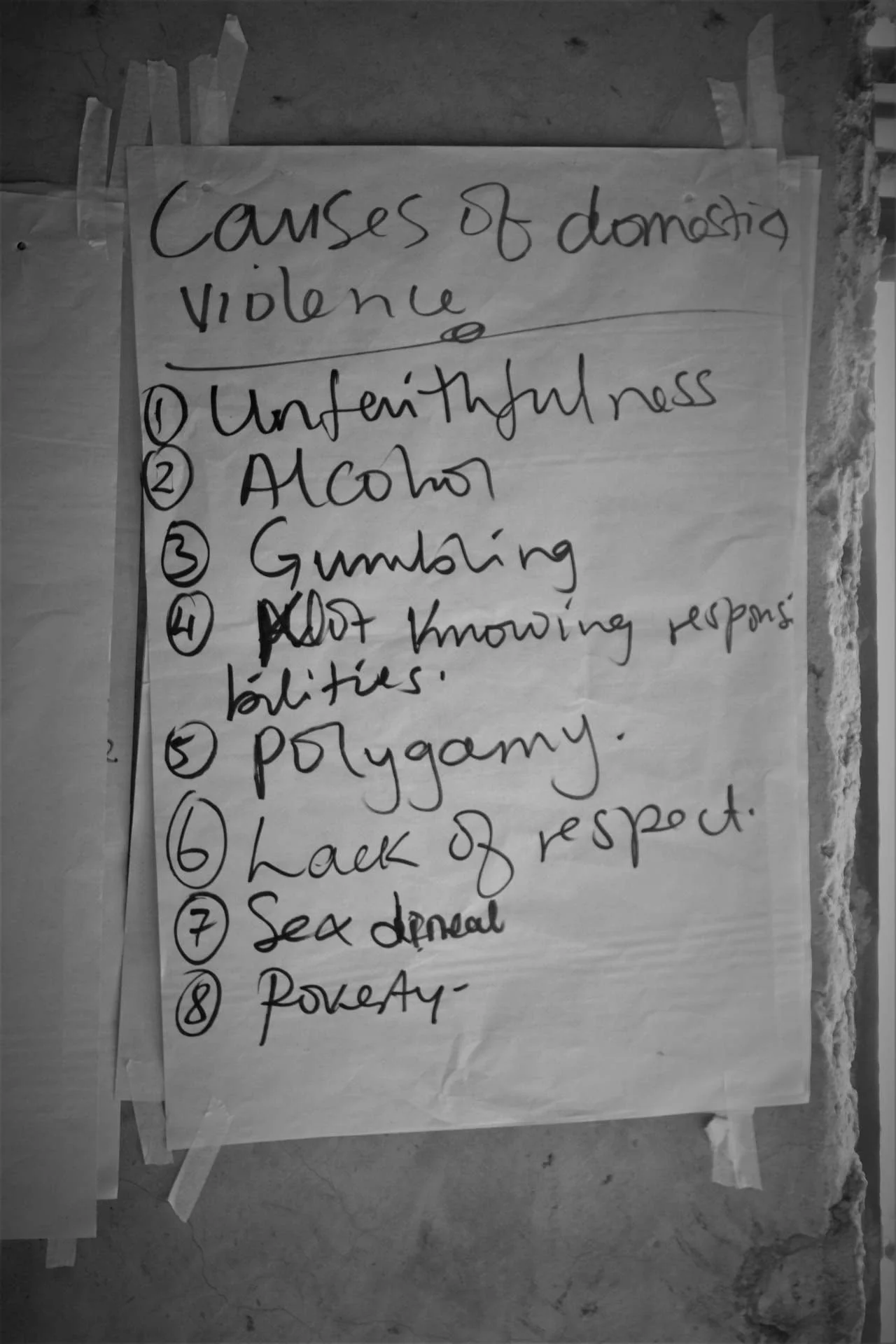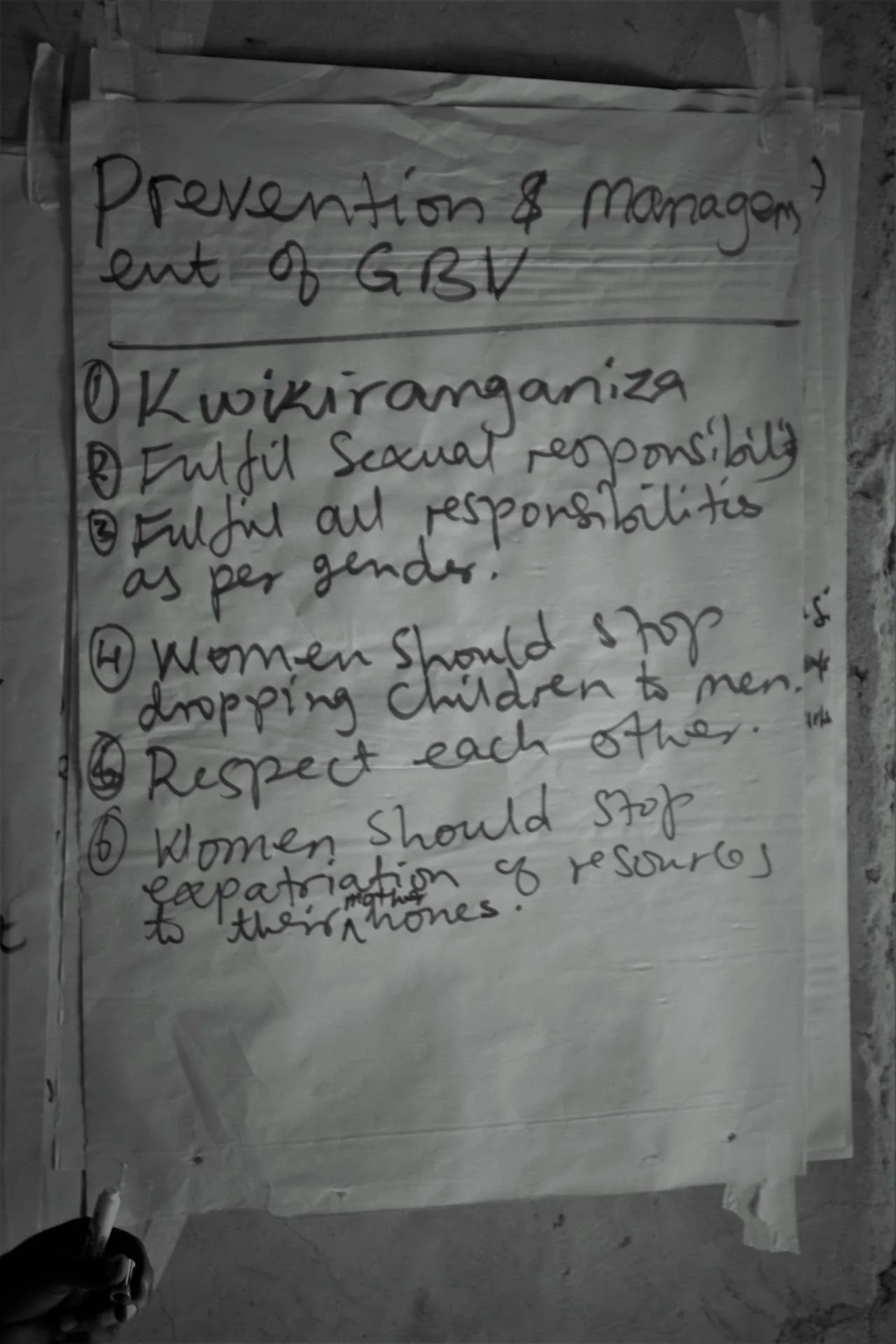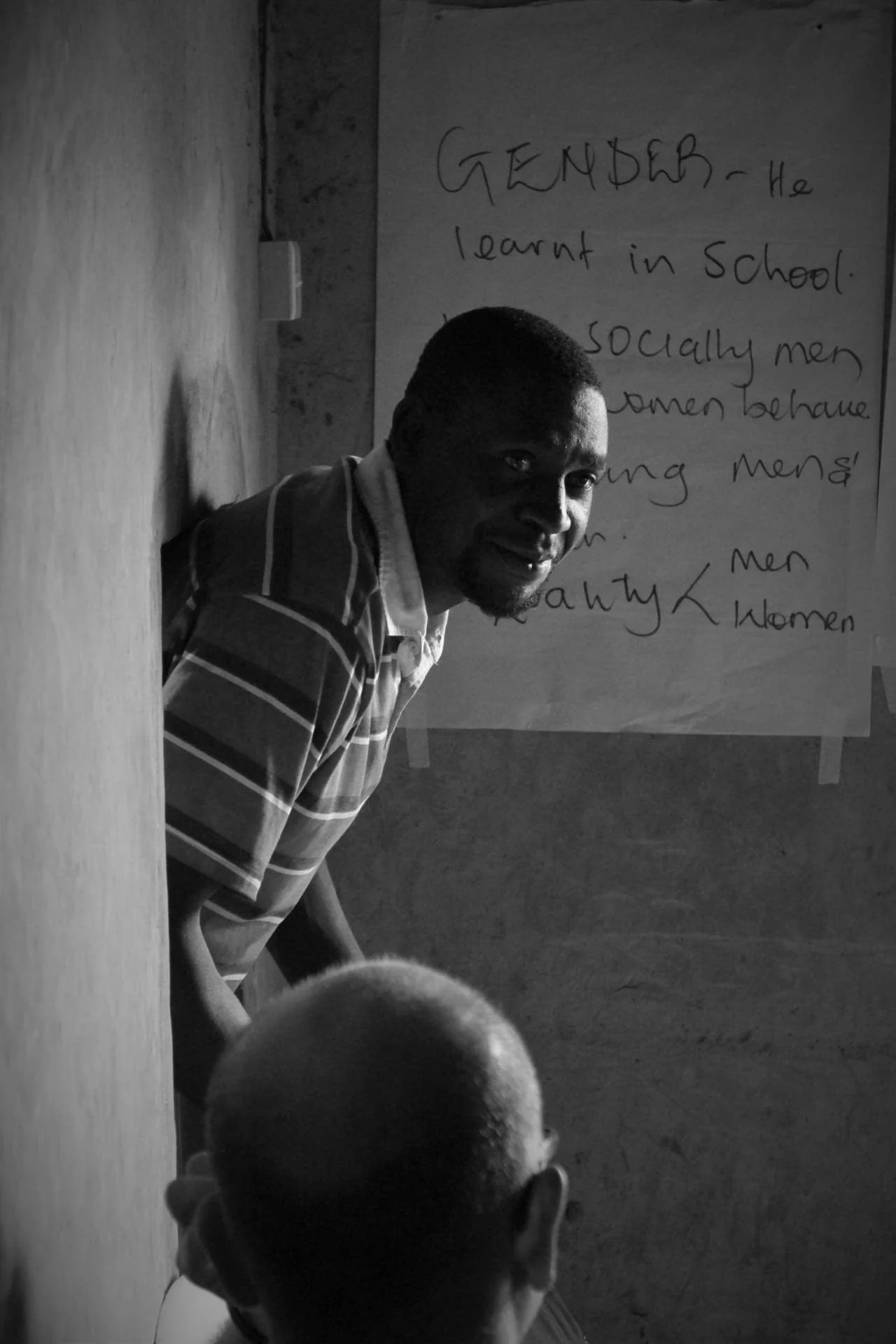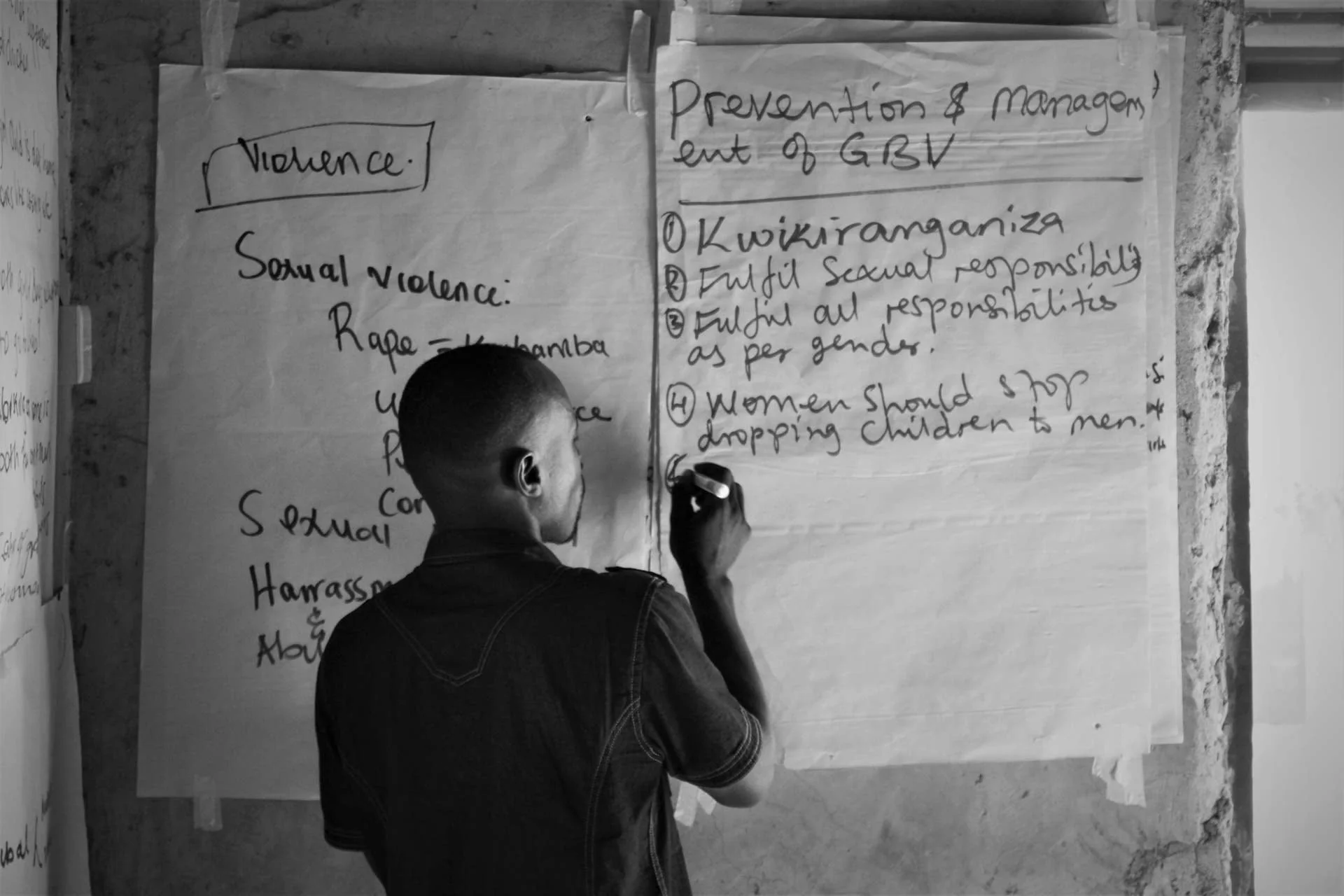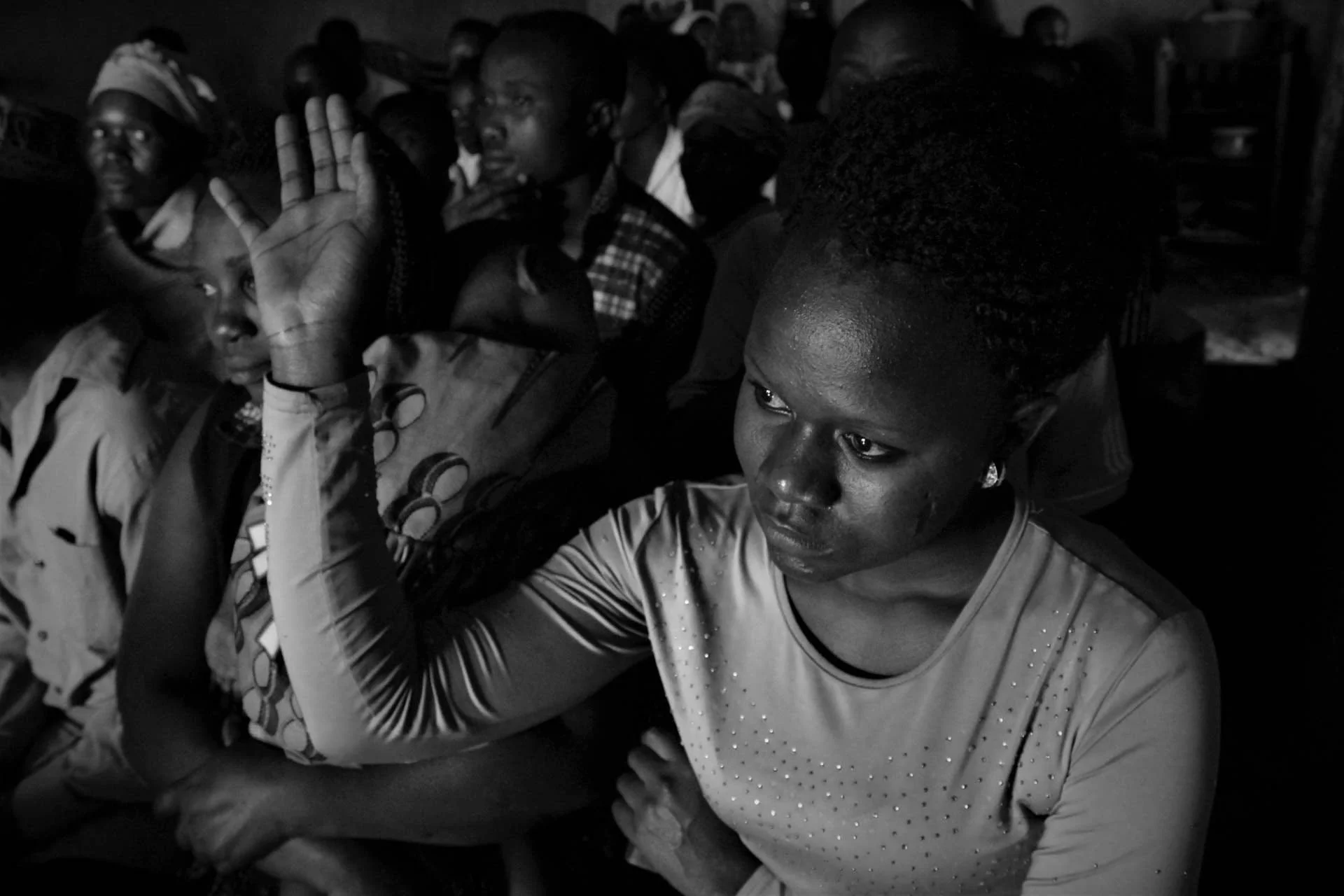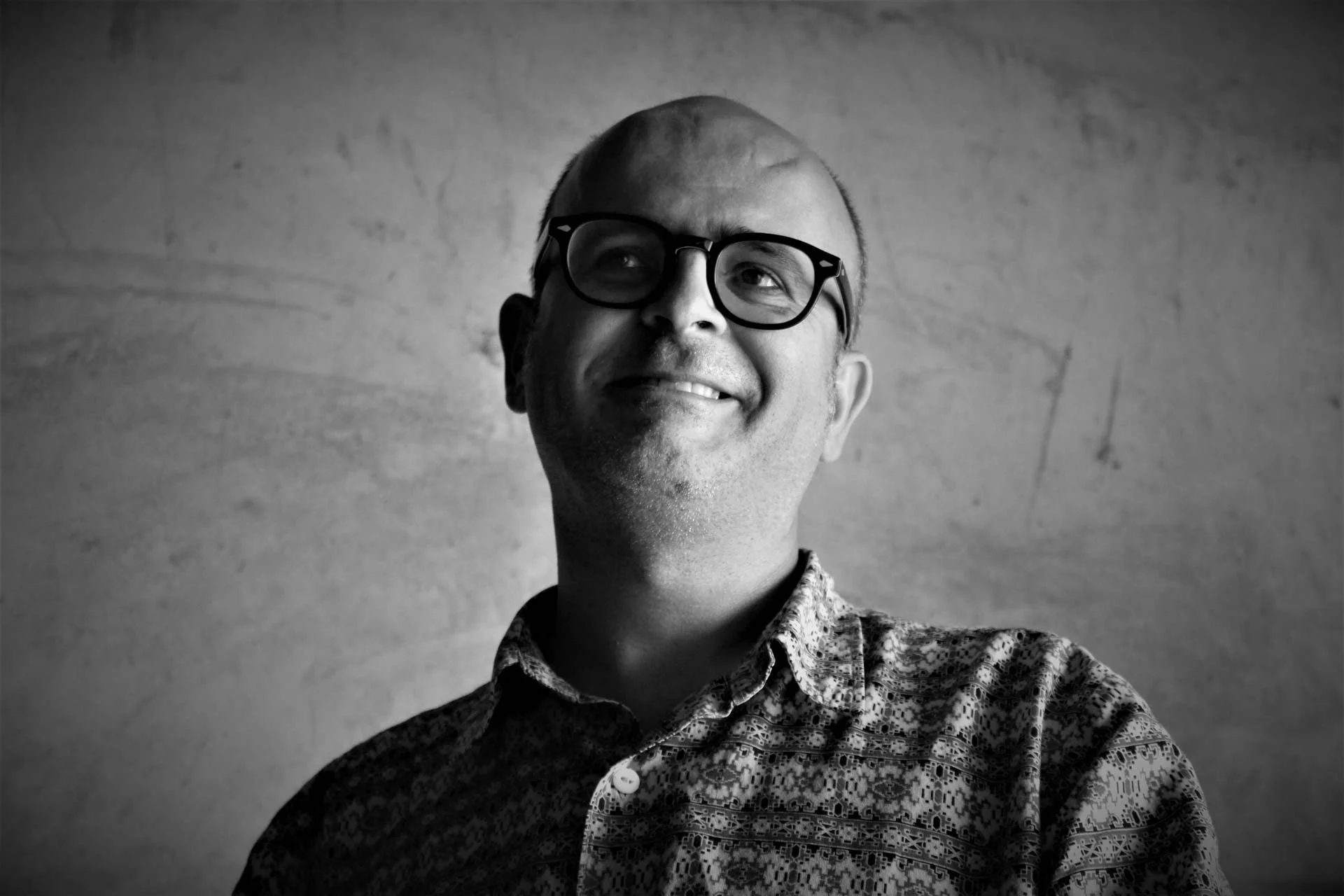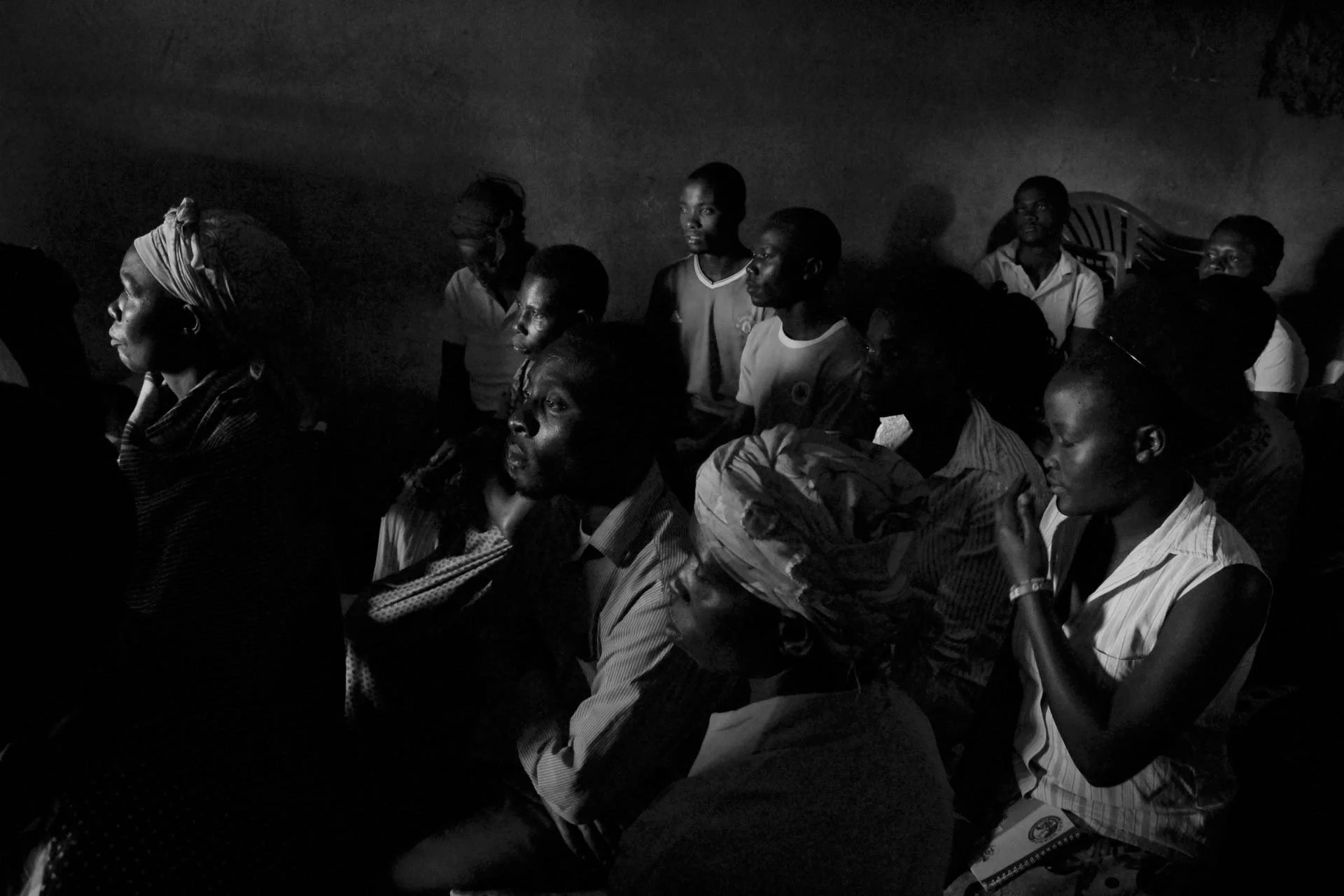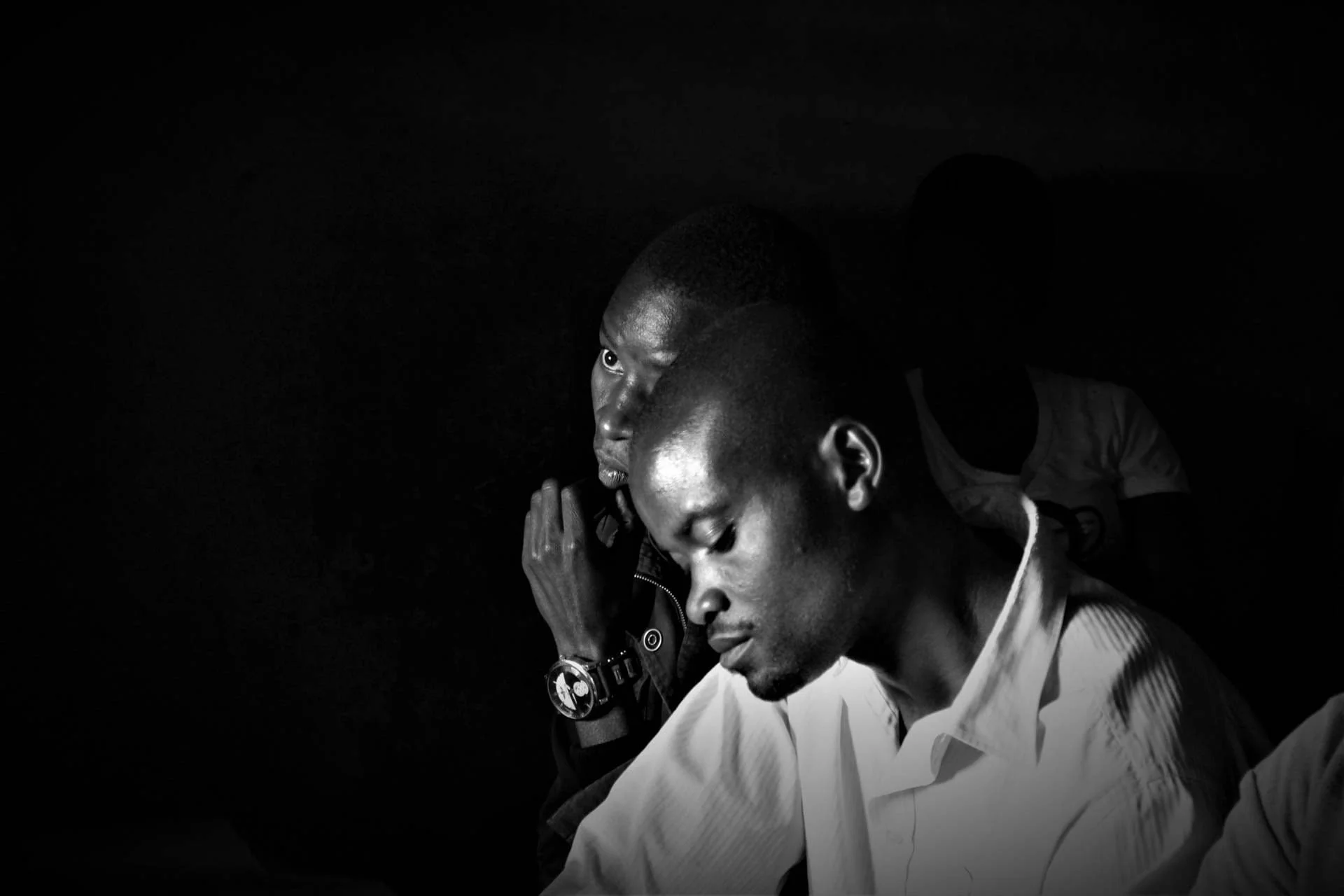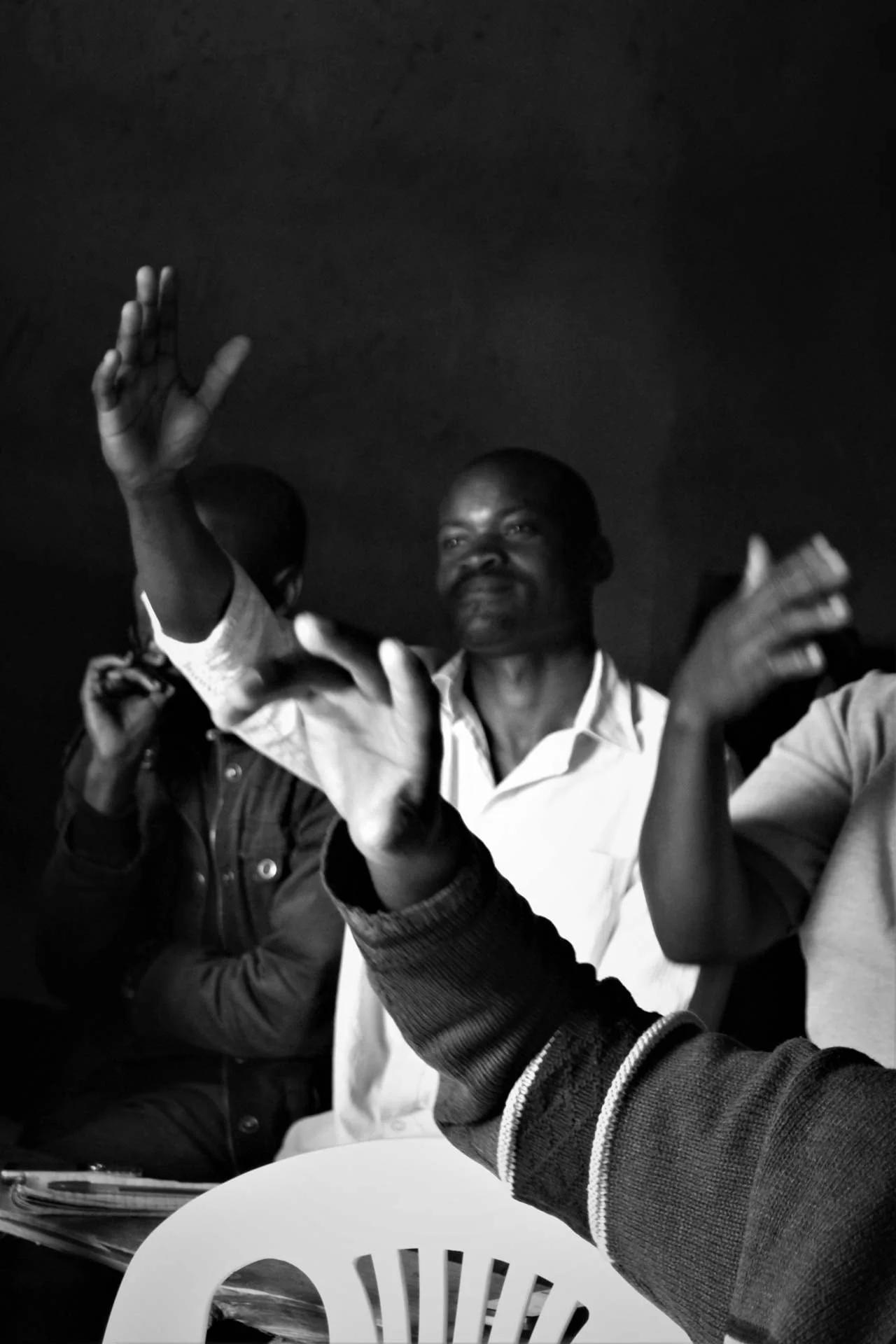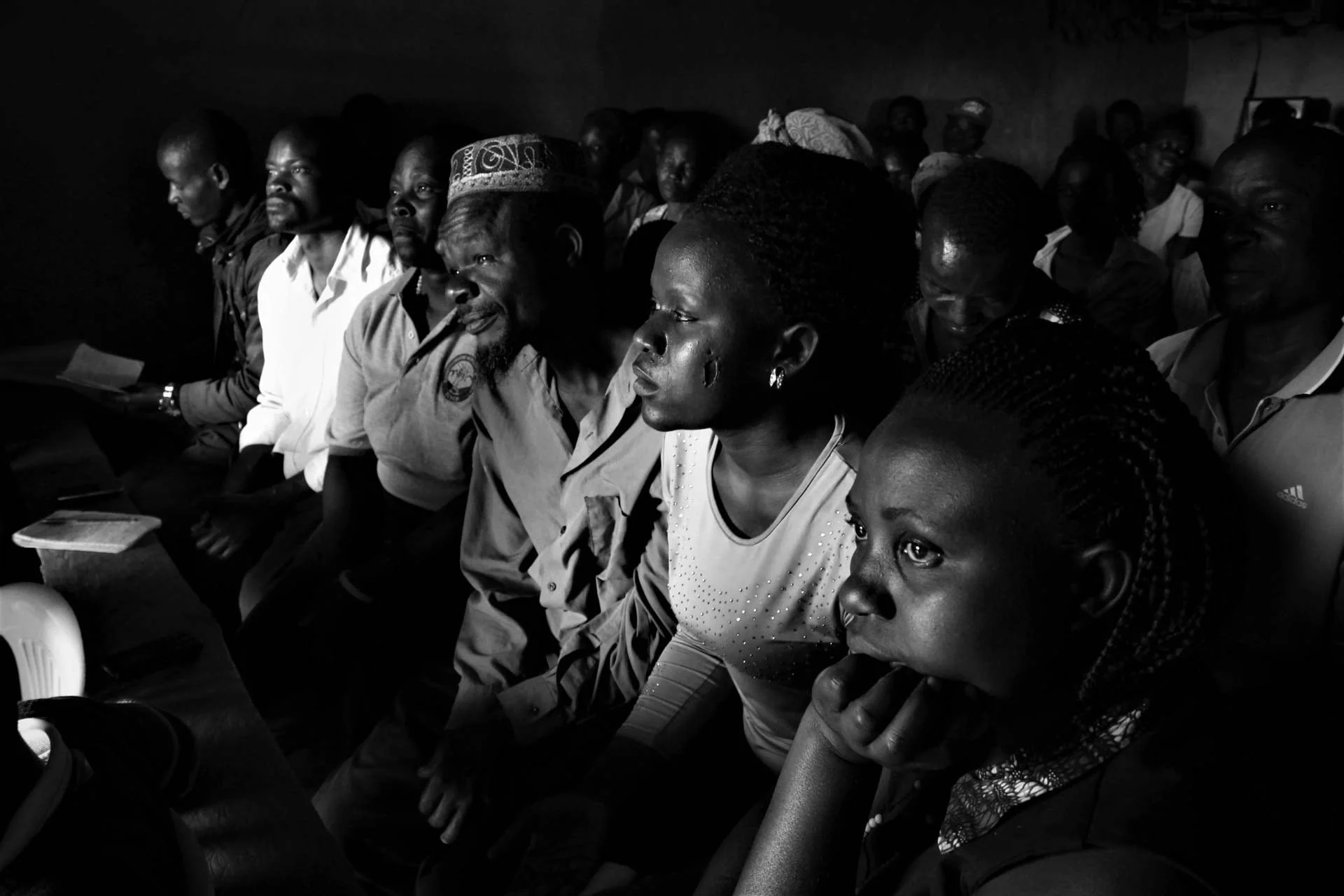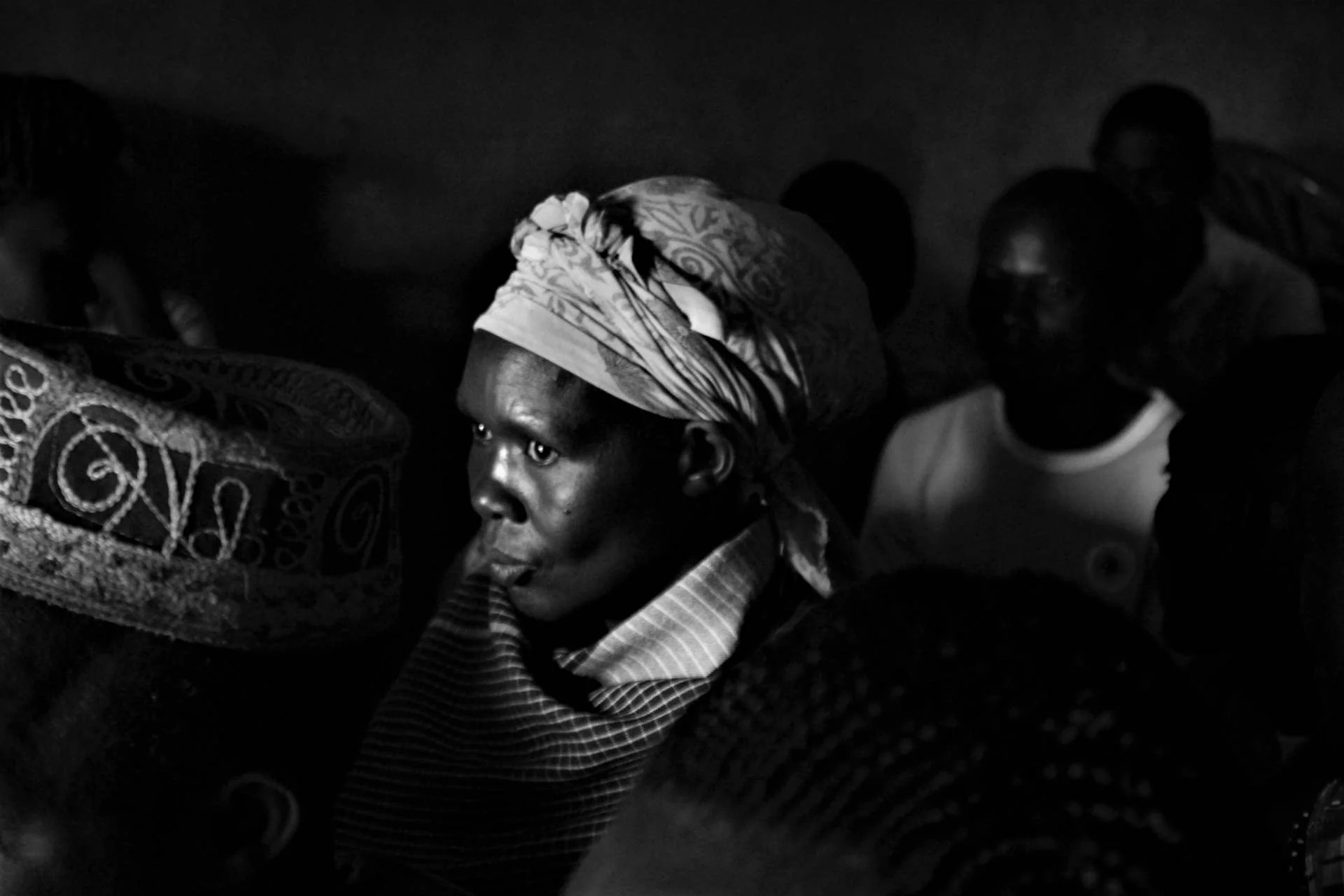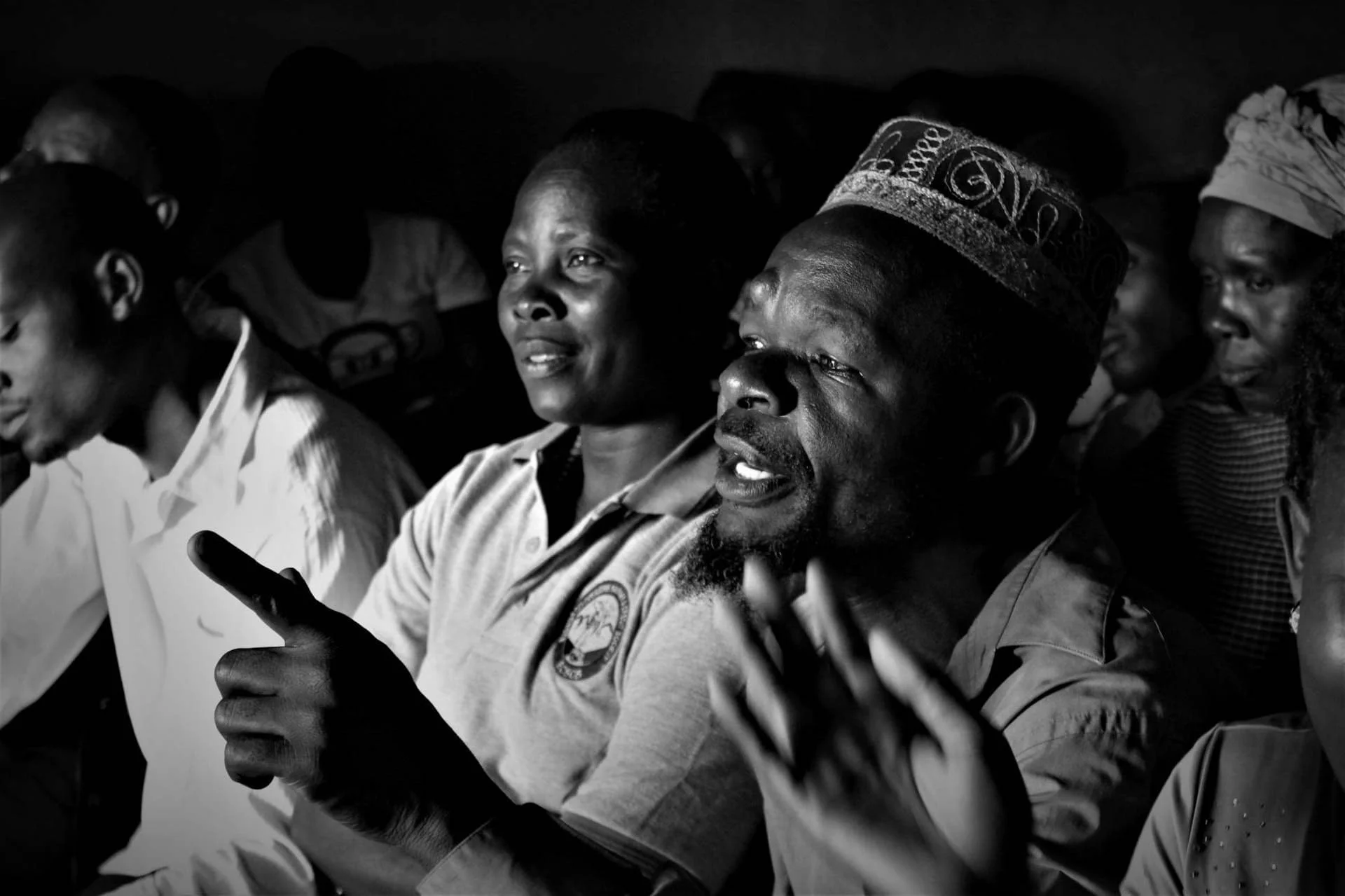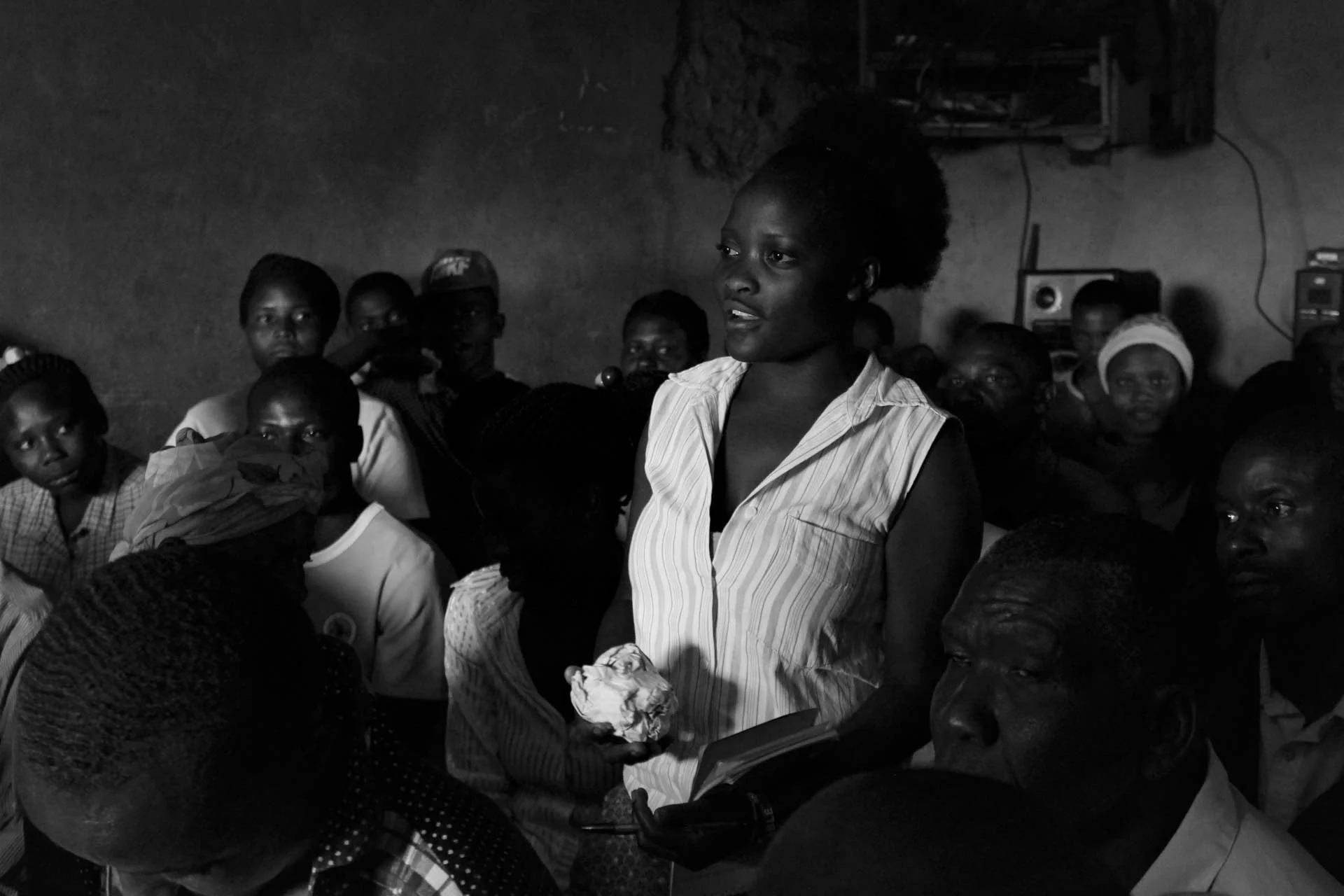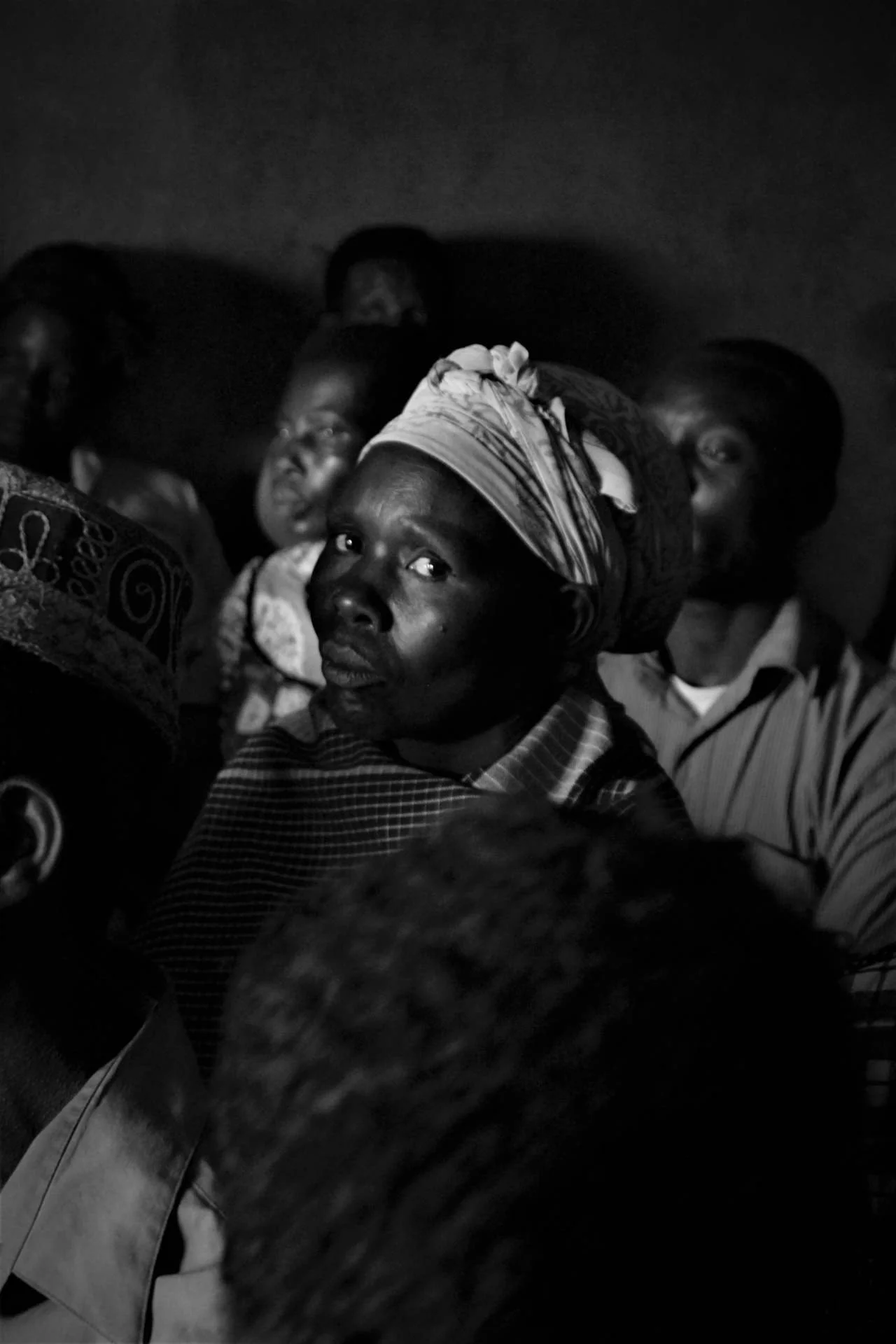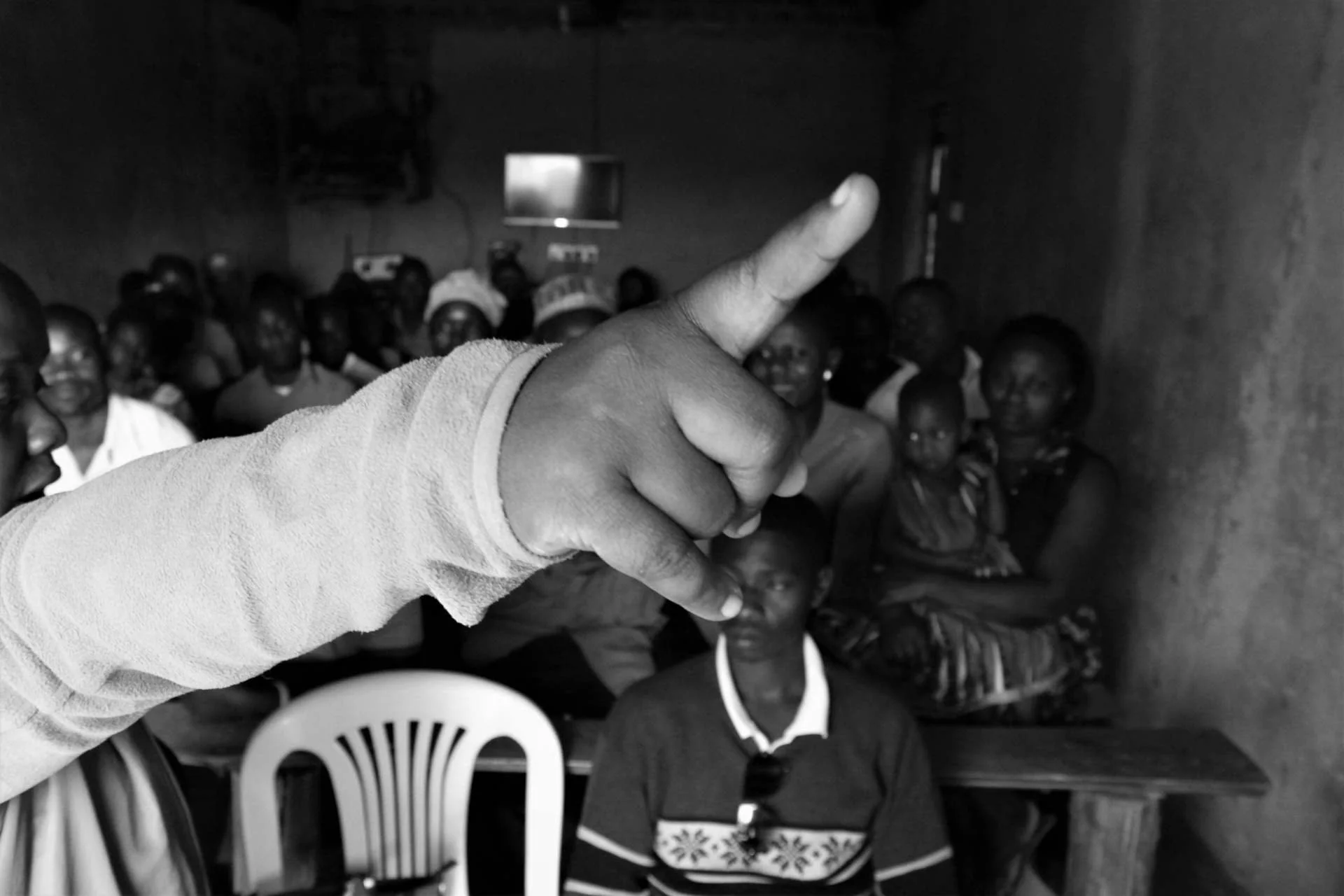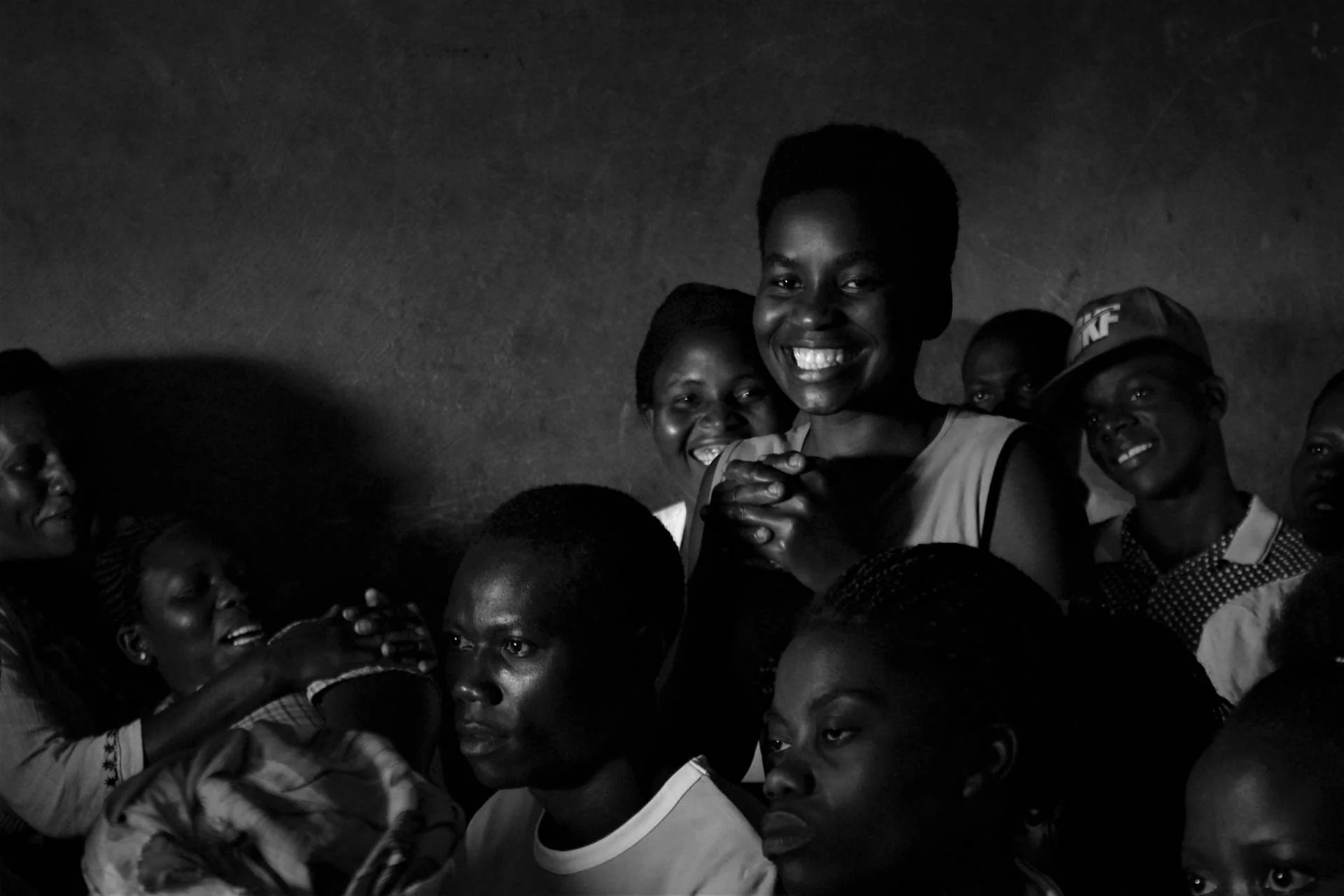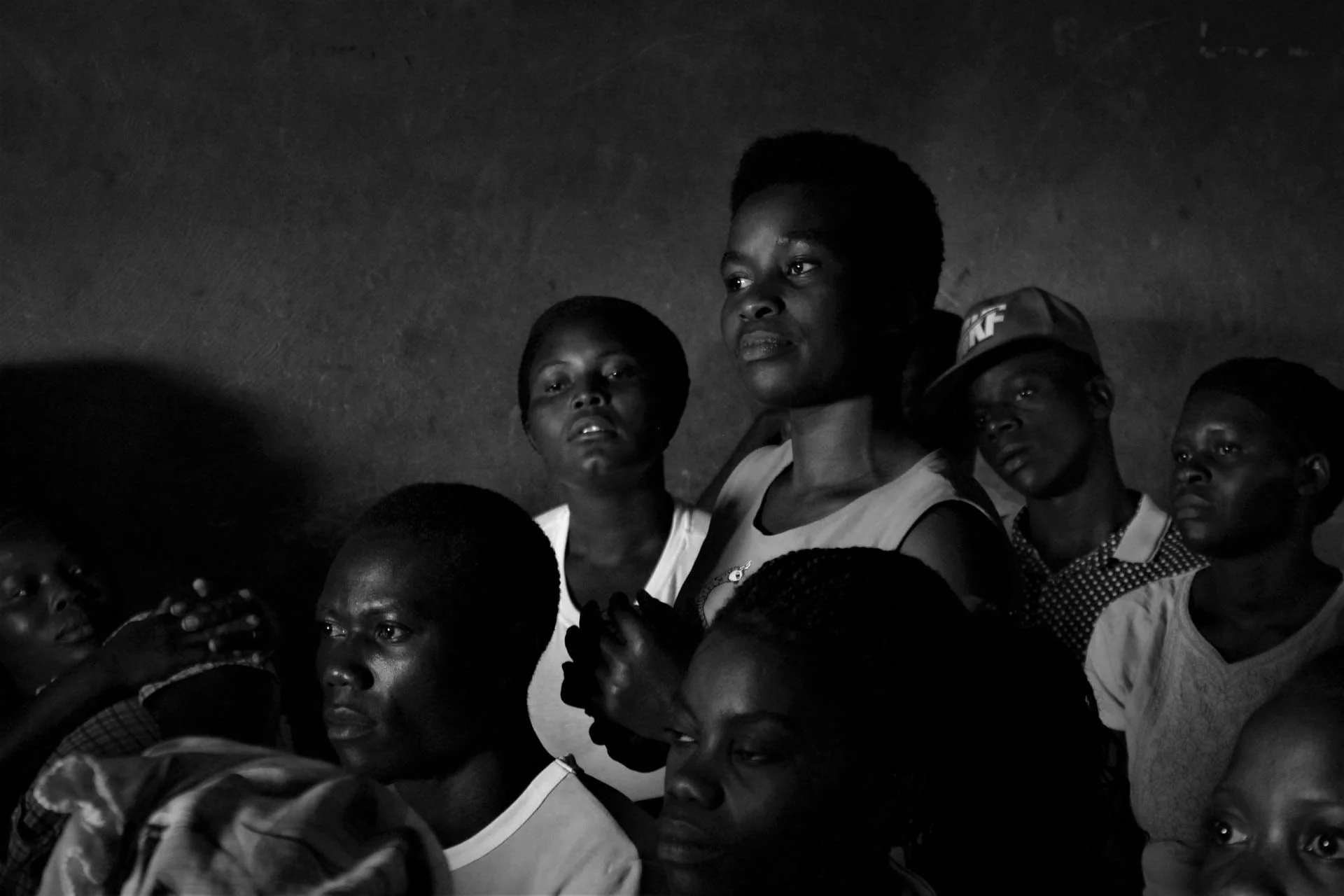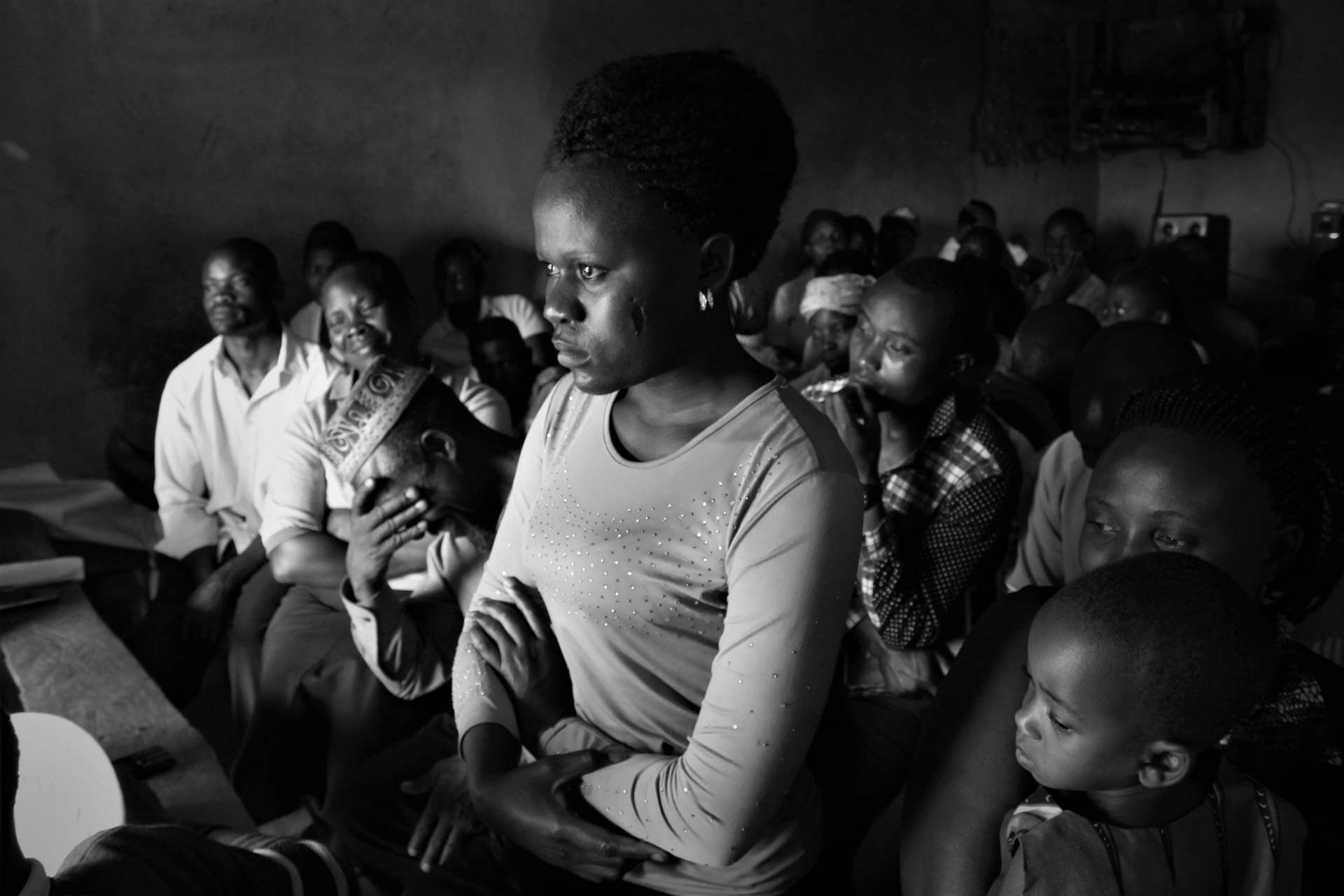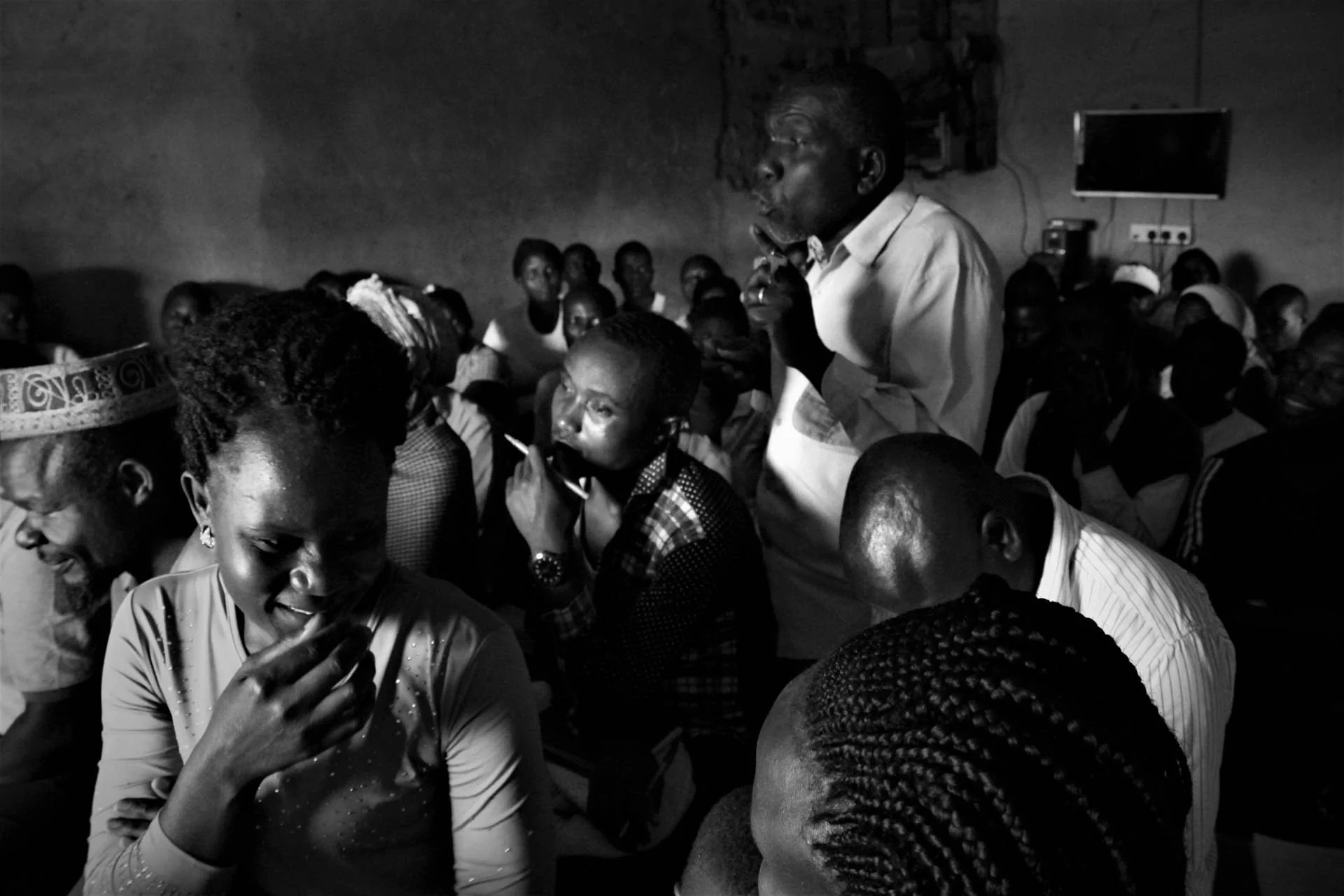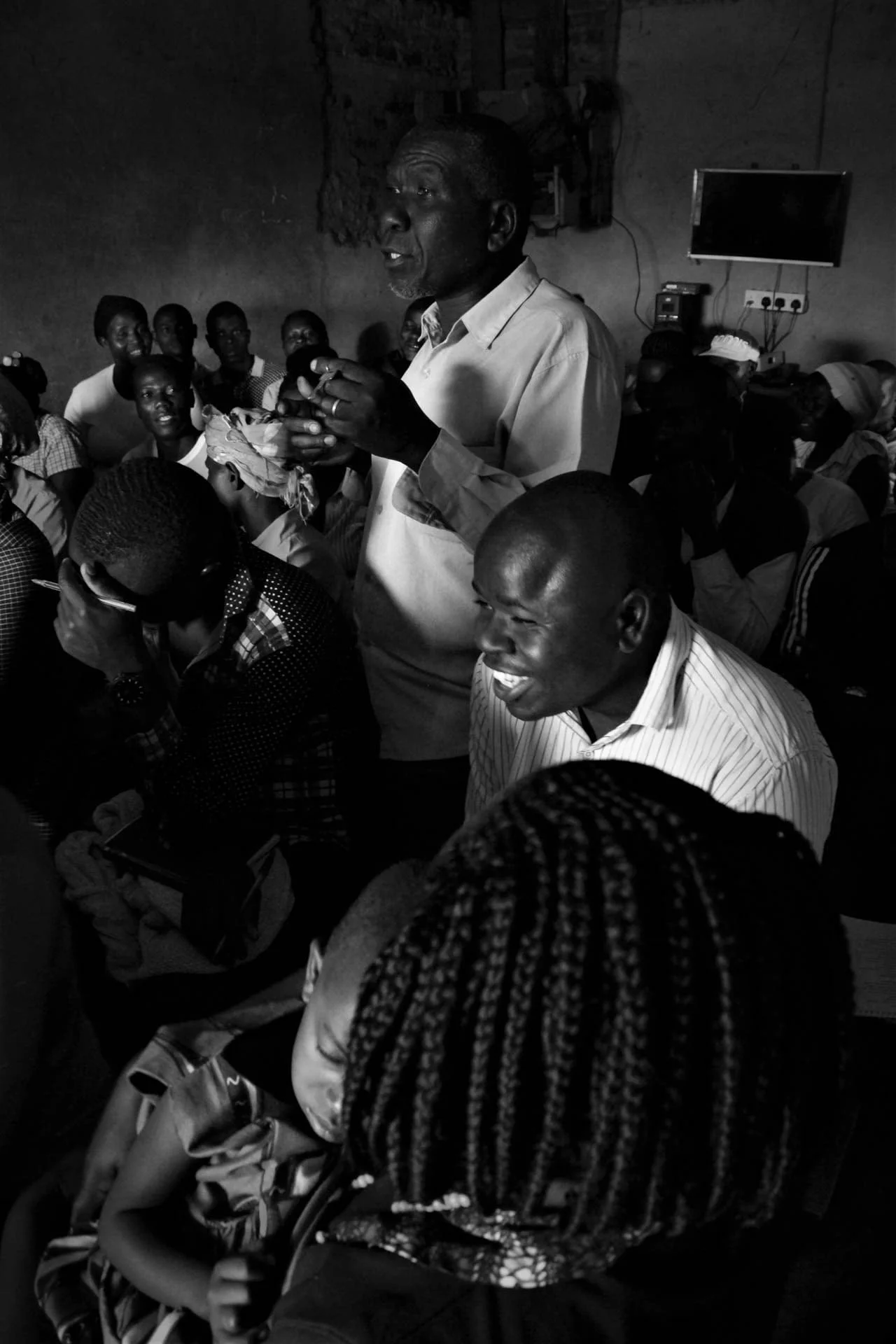
Participatory theatre for research and Gender training | Uganda
In collaboration with the Center for International Conflict Analysis at the University of Nijmegen, Guido Kleene has developed participatory approaches to researching land conflicts and local state legitimacy in northern Uganda. The project developed three models of participatory theater in the Acholi and Teso sub-regions, which were used for participatory research in the regions. Videos were made of each of the models.
The project was an interesting research where participatory theater is used as a research tool in rural areas between participants who primarily use oral communication and are often analfabetic.
Context: In northern Uganda, particularly in the Acholi region, the legitimacy of the state is highly contested. Weak governance structures, tensions between customary and statutory governance, and the legacy of a North-South divide dating back to colonial times create a situation in which state and non-state authorities compete for legitimacy. The complexity of “legitimacy” is probably most strongly manifested around Uganda’s land governance system and the government’s attempts to reform it. How authorities handle land issues can have important consequences for citizens’ appreciation and acceptance of state authority (see Lund & Boone 2013). Through land governance practices, authorities can demonstrate their goodwill and capacity to provide services, or on the contrary fuel distrust and perceptions of (ethnic) prejudice against certain communities, and thus increase instability.
In collaboration with the Belgian NGO Broederlijk Delen, Participatory theatre and gender trainings were developed to raise awareness on gender equality and equal rights in communities in the Rwenzori region.

